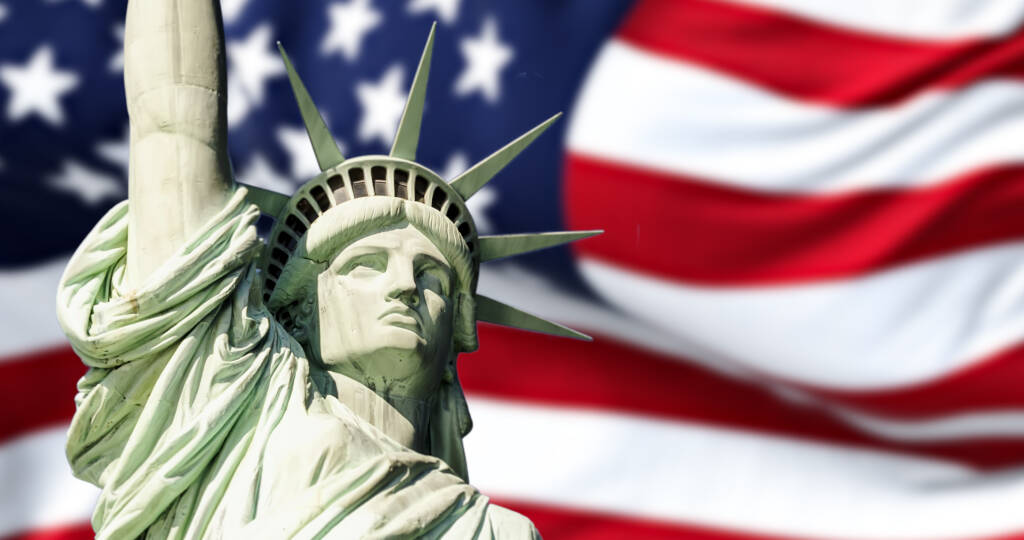
Adult Education World History

Join Ali and Soo-jin, our modern time travelers, as they journey through World History to take you on an adventure as you discover the interconnectedness of world events and eras. Grab your passport for the adventure of a lifetime.
In Segment I, students will learn how the Roman Empire developed in two very distinct directions. Next, students will discover the great intellectual and cultural contributions of Islamic Empires. Journey through the Middle Ages of Europe and Japan to learn how knights and samurais lived. You will also investigate the rise and fall of some of the great kingdoms of the Americas and Africa and then travel back to the Europe of the Renaissance and Reformation era. Hang on tight, before you dive into the Age of Discovery when eastern and western hemispheric encounters created for some turbulent times.
Segment II begins with a bang as students will learn about advancements in science and thought during the Age of Enlightenment and the social and political revolutions that followed as a result. As students meander through the 19th century, they will learn about the transformation from an agricultural to an industrial world and the many changes that resulted from that shift. Students will then learn about the interconnectedness of nationalism and colonialism and the two massive world wars were the end result. As students approach the finish line, they will learn about development in our modern world and the implications that historical events have on us today.
Note: content varies depending on course version. For currently enrolled students, please refer to the syllabus located in the course information area for curriculum specifics.
Cost: Students purchase 28 days of access for $105. Students may work as quickly through the content as they wish. Every 28 days, students may purchase an additional 28 days of access for an additional $105.
Major Topics and Concepts
Segment 1
- Roman Empire
- Byzantine Empire
- Monotheistic Religions
- Golden Age of Islam
- The Middle Ages
- The Crusades
- Medieval Japan
- African Kingdoms
- Major Civilizations of Mesoamerica and the Andes
- Rise of the Italian City-states
- Renaissance
- Reformation and Counter-Reformation
- Age of Exploration
- Columbian Exchange
- Slavery
Segment 2
- European geography
- Constitutional and Absolute Monarchies
- Scientific Revolution
- 20th Century Science
- Enlightenment
- French Revolution
- 19th-century Latin American and Caribbean Independence Movements
- Industrial Revolution
- Economic Systems
- Imperialism
- Italian and German Unification
- Modern Reform and Independence Movements
- World War I
- World War II
- Genocide
- Cold War and Proxy Wars
- Globalization
- Terrorism
Competencies
Byzantine Empire
Students will demonstrate an understanding of the Byzantine Empire by comparing the ideals of the monotheistic religions, summarizing the impact of the Byzantine Empire at the height of the empire, and explaining achievements related to the Islamic Golden Age.
Medieval Sub-Saharan Africa and the Americas
Students will demonstrate an understanding of Medieval Sub-Saharan Africa and the Americas by analyzing the growth of major sub-Saharan African kingdoms and empires, explaining the contributions of early Mesoamerican and Andean cultures, and comparing the major civilizations of Meso and South America.
Medieval Western Europe and Japan
Students will demonstrate an understanding of medieval Western Europe and Japan by summarizing the medieval social hierarchy in Europe and Japan, explaining the role religion played in the established social and political order, and describing key achievements of the Middle Ages in Europe and Japan.
Postmedieval Ideas
Students will demonstrate an understanding of postmedieval ideas by explaining the effects of the Black Death, analyzing the cultural impact of the Renaissance, and summarizing the effects of the Age of Exploration.
Cause and Effects of the Enlightenment
Students will demonstrate an understanding of the Enlightenment by summarizing the cause and effects of the development of a constitutional monarchy in England, explaining the cause and effects of the Scientific Revolution, and analyzing the cause and effects of the Enlightenment.
Impact of 19th-Century Changes
Students will demonstrate an understanding of the impact of 19th-century changes by analyzing the impact of the Industrial Revolution, explaining the impact of imperialism, and summarizing the impact of 19th-century reform movements.
Modern Era and Globalism
Students will demonstrate an understanding of the Modern Era and globalism by explaining the impact of the Cold War, describing the causes and effects of 20th-century nationalist conflicts, and analyzing the pros and cons of globalization.
The World Wars
Students will demonstrate an understanding of the world wars by explaining the causes of the world wars, explaining the crime of genocide, and analyzing the ending of WWII.
